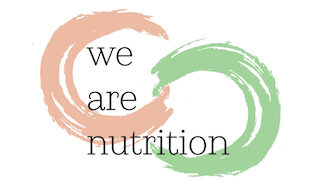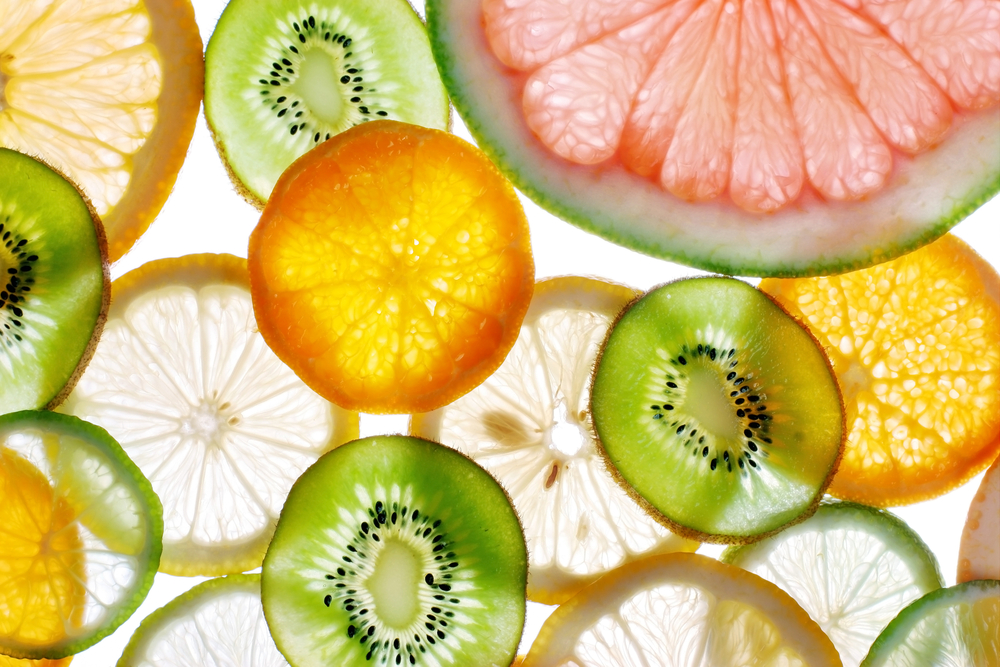Vitamin C, the Star of the Show
Vitamin C is a hot topic right now. The nutrient is much debated and for every study touting its benefits on the common cold, there is another finding little significant effects. Doctors have used it intravenously on Covid patients in New York, reporting that shorter infection lengths resulted. The same treatment in China was said to impede death altogether! But currently, no concrete evidence has been published to confirm either of these claims. Clinical trials are underway in both locations, and the results should be with us by September. We await these results with great anticipation and hope that these studies will inform the debate that rages around this nutrient. However, until we have the benefit of those findings, here are some things we do know.
Vitamin C is synonymous with immune support. In fact, so ubiquitous is it’s reputation that since the pandemic began, sales have gone through the roof. Supplement company stocks have sold out, and supply chains strain to meet demand. All this despite the fact that – as we are regularly reminded in the media – there is no evidence that Vitamin C can prevent Covid 19 infection. However, it is widely accepted that the nutrient can reduce the duration of the common cold, and much evidence exists for other crucial functions it plays in the human body.
So what are these functions? Vitamin C is ….
- A potent antioxidant – neutralising free radicals within the body.
- An important support for the adrenal glands – essential during times of mental stress.
- Integral to the formation of collagen that strengthens skin barriers and is a key component in the formation of bone.
- A promoter of iron absorption from plant sources – very important for veggies and vegans.
- A modulator of LDL cholesterol
- A protector of brain function
These are serious attributes. Vitamin C clearly plays a vital role in our longevity and quality of life.
Humans cannot themselves synthesis vitamin C, so all of it must be derived from the diet. We are, unfortunately, not like goats that can themselves produce up to 200mg/kg per day! Handy. Yet, Vitamin C is found in most tissues of the human body. The quantities there are directly correlated to the quality and quantity of the nutrient consumed. It is needed for the actions of a number enzymes that perform a myriad of functions from producing adrenaline and collagen to acting as an anti-oxidant limiting damage to DNA. Interestingly, Vitamin C also acts as an pro-oxidant which has a positive affect on cancer cells. It has also been shown to minimise free radicals forming in the body and reduces the damage done when they do.
Vitamin C is needed for the formation of certain immune cells and these have been shown to generate faster under its influence. Since supplementation with Vitamin C is very safe, doctors have been quite amenable to test it on patients. A report of 29 Covid-19 patients with pneumonia found inflammation was reduced by an anti-oxidant regulator called NrF2. This regulator modulates the amount of antioxidant activity in the body. Some scientists have hypothesised that by activating this regulator, injury to the respiratory cells caused by oxidative stress and the ‘cytokine storm’ could be reduced. The ‘cytokine storm’ refers to the over-activation of the immune system that causes inflammation, oxidative stress and consequent cell damage in the lungs, leading to shortness of breath amongst other things. It is Vitamin C, along with other key nutrients such as Zinc and N- Acetyl Cysteine (NAC), which are thought to activate NrF2. These potentially reduce the inflammatory response in Covid-19 and improve patient outcomes.
Considering all the other benefits of this nutrient, getting optimal amounts of it into your system is a bit of a no-brainer. Food in the form of fruit and veg is always the best source, as it comes along with other nutrients and lovely fibres that feed the friendly bacteria in your guts. Food containing vitamin C is best eaten raw or lightly cooked as the nutrient degrades quickly. The daily recommended amounts are easily achievable. For example, a diet including red pepper, broccoli, kiwis and avocados can do the trick. But supplementing is a good idea, too, though solid evidence on the dosage is scant. The NHS recommends only 40mg per day while some functional medicine doctors recommend a much higher dosage of 3-5g per day. High doses can you give you a bad tummy so you’ll soon know if you’ve had too much. Ideally, consult a nutritional therapist with your specific health profile to get the best dosage for you. Vitamin C may not stop you getting the virus, but it may well help you recover from it.
To receive more articles like this straight into your inbox, please sign up to the newsletter.

